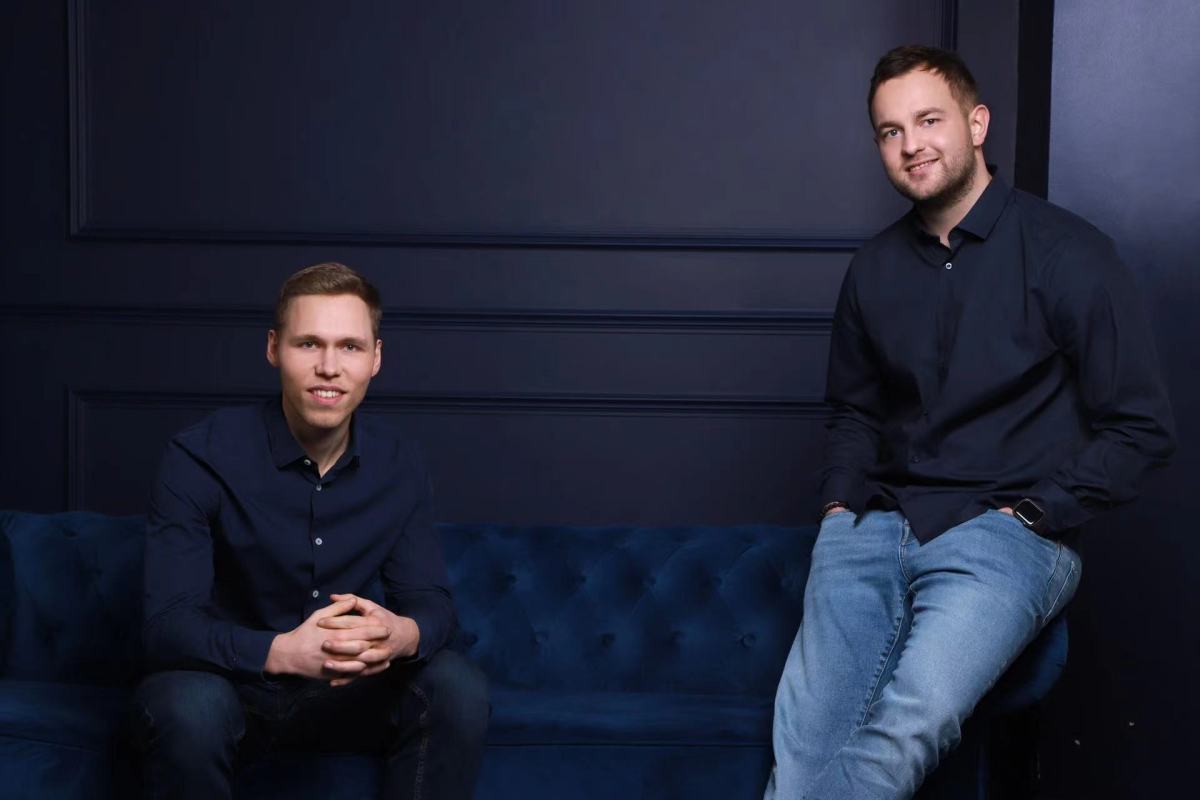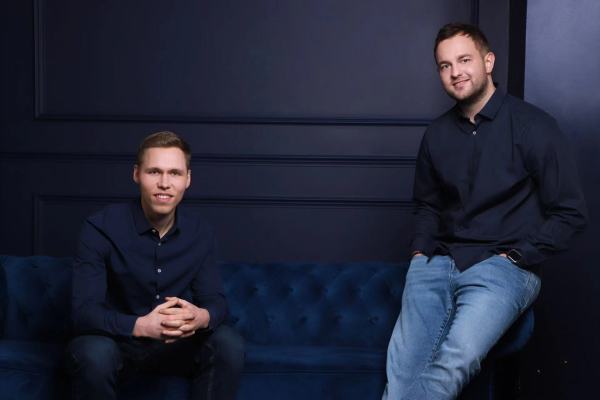
How SaaS sales platform Minoa meets growing need for remote collaboration

COVID-19 has upended many aspects of busienss, including the way enterprises sell software. As the pandemic kept people at home, SaaS sales teams were forced to adjust their strategies. In the past, they relied mostly on in-person meetings to close deals, but with social distancing measures in place during the pandemic, they turned to the likes of Zoom and Microsoft Teams to woo potential clients.
Both software vendors and buyers suddenly realized that virtual meetings could actually be productive, so many of them are keeping the remote practice even as COVID restrictions are behind us.
However, the existing sales tools are mostly obsolete for online meetings, a gap that prompted Richard Einhorn and Max Elster to start Minoa in 2022 to serve the growing trend of remote B2B sales.
“The SaaS ecosystem is quite mature in the States, but when it comes to sales, and the way sales reps interact with their customers, not much has changed in like the last 10 years,” said Einhorn in an interview with TechCrunch.
Minoa’s solution is a sales platform that helps SaaS vendors and their customers to asynchronously track a deal’s lifecycle, with tools that cover everything from value management (i.e. is this product driving revenue or improve workflow?), quoting, to pricing.
Einhorn and Elster, 24 and 26 years old respectively, are both second-time entrepreneurs who experienced first-hand the hassle of managing SaaS purchases at their previous companies. Einhorn previously built an invoice automation product for small and medium businesses and Elster created a sentiment analysis tool for meetings.
Including customers on the sales platform is what separates Minoa from many other incumbents whose tools are often for vendors only, the founders argued. Focusing on vendors works so far as there aren’t too many stakeholders on the buyer end involved in sealing a deal. But as companies add more SaaS services to their tech stack for highly specialized business functions, the number of decision makers increases, making it challenging for the procurement team to manage all the software purchases across departments.
As they saw software sales moving online, the co-founders created Minoa to capture and facilitate the exchange of information between vendors and customers in one place. For example, the platform comes with an ROI calculator for the buyer to figure out the return on investment of a product, information that would be otherwise presented in a spreadsheet during an in-person meeting or passed around in multiple rounds of emailing.
While Salesforce is a powerful customer relationship management (CRM) tool, the key problem that leads to deals taking forever to close and often not being enclosed on the platform is that “you’re not collaborating with the customer,” suggested Einhorn.
“There’s no way for the customer to know, what stage am I in? What documents did we share? There are probably email and five other tools, five other channels, where you share things. So imagine Salesforce with an additional layer on top of it — that’s Minoa.”
It’s too early to say if the COVID-induced remote sales practice is permanent. But Minoa already convinced investors to bet on its six-month-old business, as it recently closed $2.7 million in an oversubscribed pre-seed round from a group of investors deep in the enterprise software world.
468 Capital, founded by Mesosphere founder Florian Leibert, led the round. Other institutional investors included Plaid founder Zach Perret’s Mischief, AirAngels, Alumni Ventures, and Fidi Ventures. Angels in the round included Front founder Mathilde Collin, podcast host Lenny Rachitsky and DocSend founder Russ Heddleston.
Minoa declined to disclose its customer size and growth rate as it’s still in its infancy, but it said part of its customer acquisition strategy is relying on its investor network for outreach to prospective clients. The founders are in the process of relocating from Europe to San Francisco to be closer to the abundance of B2B SaaS companies and venture capital in the region.


